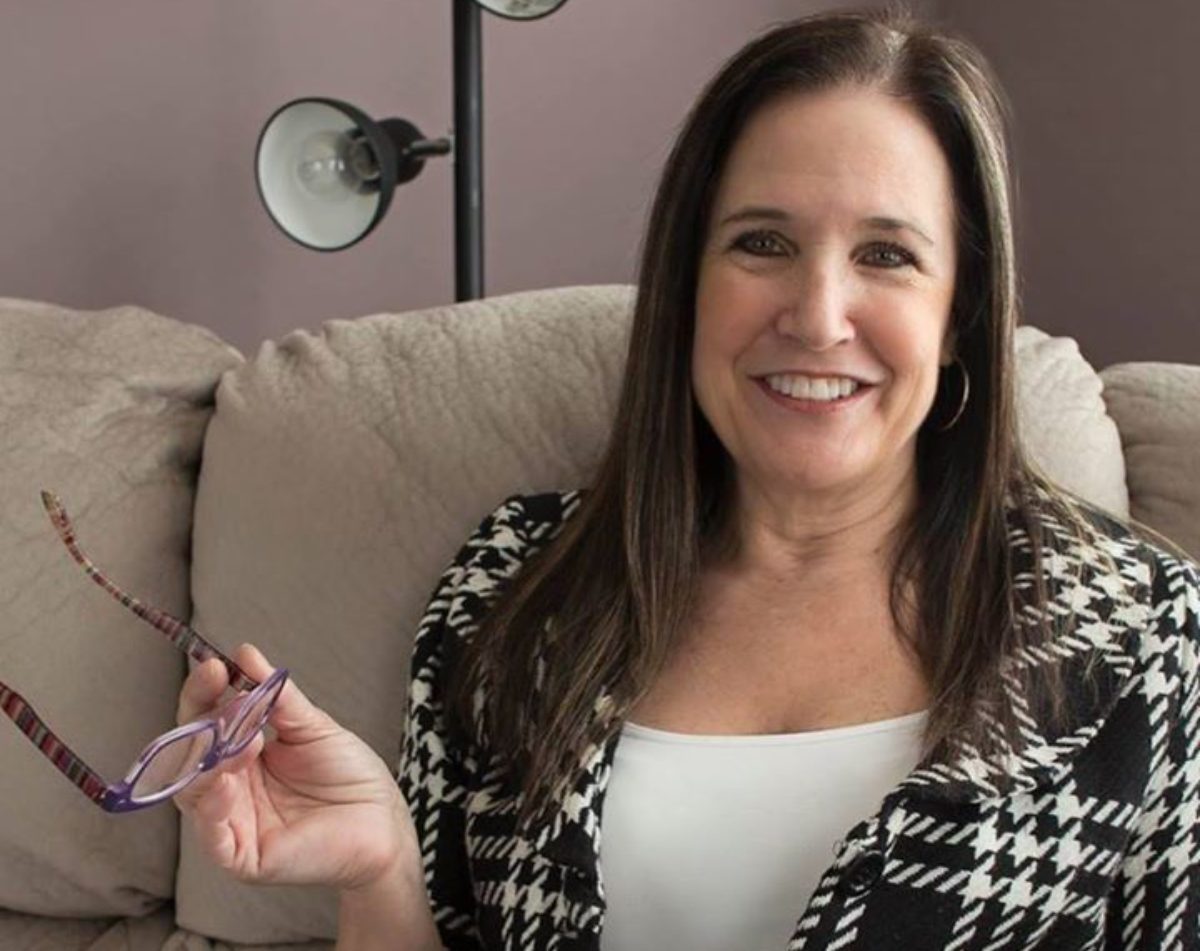A team is defined as several persons associated with some joint action. You drive on roads and highways with other vehicles. Driving is the joint action you have in common with other motorists, which creates a team. The team’s purpose is to arrive at their destination, traversing safely through road traffic until reaching the target. This is your most essential team, and you are the reason your team is failing.
Unfortunately, some of your group is focused only on themselves. Their goal is to arrive where they want, not taking into consideration the team. They swerve between cars, tailgate the vehicle in front of them, and slow traffic by driving in the left-hand lane even though cars are trying to pass. Conversely, colleagues become frustrated when they can’t pass, forcing teammates to step on their brakes.
Someone stepping on their brake signals they are reducing speed. Causes for that action are approaching an intersection, a slower vehicle, and of course, the motorist that just cut in front of him. The car behind, seeing the brake light come on instinctively presses on his brake. Consequently, this starts a chain reaction with other vehicles observing the brake lights. The name for this is Phantom Traffic Jam.
A Mysterious Phenomenon
Mysterious Phenomenon The mysterious phenomenon occurs when traffic is backed up. Upon reaching the spot where the traffic lets up, mysteriously, there is nothing there. The phenomenon developed from the car that originally stepped on its brake. The distance the lead car broke the speed determines how far back it affects cars behind it. In other words, the longer the brake is depressed the farther back it will disrupt cars.
Continue reading “You are the Reason Your Most Essential Team Fails”










